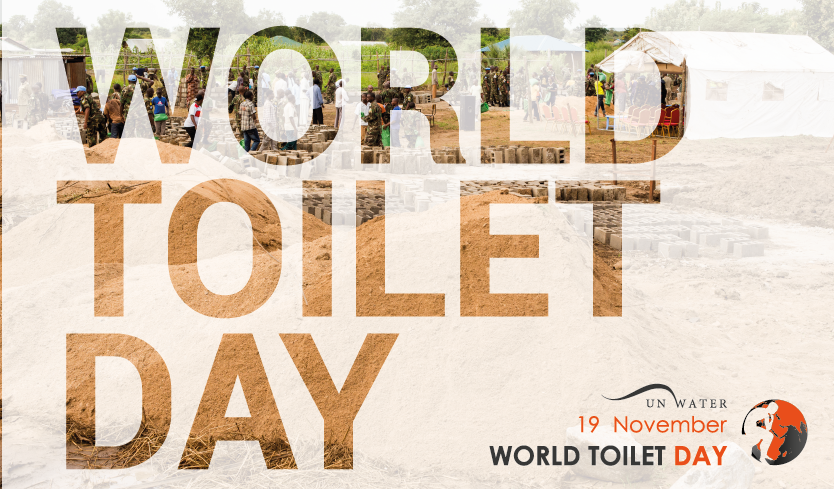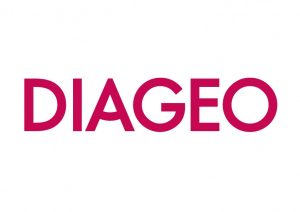Overview
The BSR (Business for Social Responsibility) HERproject was launched in 2007 in China. This project consists in a collaborative initiative that strives to empower low-income women working in global supply chains. Through health awareness and health behavior change, HERproject is showing the value of investing in women’s health along supply chains worldwide.
HERproject consists of three pillars that use peer-to-peer training and access partnerships to empower women working in garment, footwear, electronics, agricultural, and horticulture supply chains.
Through WASH-related interventions, such as education initiatives to conduct behavior change and health awareness on menstrual hygiene in factories, Herproject have achieved positive business impacts. It was noticed a reduction in the absenteeism related to menstruation, representing a gain for the businesses productivity.
The health benefits of improving feminine hygiene and leveraging the factory as a new distribution channel for products resulted in increased business performance through reduced sick time and absenteeism, increased productivity, and decreased maintenance time and costs.
Locations: China, Egypt, India, Pakistan, Vietnam.
Companies Participating: Abercrombie & Fitch, Clarks, Columbia Sportswear, Hewlett-Packard, Levi Strauss & Co., Nordstrom, Timberland, and Williams-Sonoma.
Objectives: Creation of sustainable workplace programs that increase women’s health awareness.Working with HERproject partner Extending Services Delivery, BSR also seeks to demonstrate the return on investment for factory-based women’s health programs.
HERproject’s peer-to-peer education model
HERproject builds leadership skills by training women to act as peer educators within the workplace and community. HERproject maximizes opportunities for women’s empowerment and leadership development by creating health ambassadors within the workplace and the community, helping to develop communication and leadership skills to share knowledge with co-workers, communities, and families.
HERproject Training Curriculum
The HERproject Curriculum contains a collection of training modules and materials that are designed for the factory or farm setting. The materials are free to download and use by companies and community organizations that are planning their own trainings targeted at low-income adults.
Each module includes a Training Guide, Manual, Training Materials, Post-Training Quiz, and links to external resources. These training modules are designed for both new and experienced trainers.The topics of the training curriculum related to WASH issues include: Hygiene and Infectious Diseases and Women’s Health. A brief overview of the trainings:
The Waterborne Diseases training help workers understand how water becomes contaminated with bacteria and toxic chemicals, and how to make water safe for drinking and cooking. This training also covers the most common symptom related to waterborne illness—diarrhea—and how women can prevent and treat severe diarrheal cases.
The Personal Hygiene training introduces participants to how germs spread and how to prevent their transmission. The module also talks about the importance of hand washing, including how to properly wash hands to prevent the spread of germs and when hand washing is necessary. Additional tips are provided for healthy dental hygiene and hygiene in the toilet and kitchen.
The Your Body and Menstruation training helps female factory workers understand the female anatomy and how their bodies prepare monthly for the possibility of having a baby (or the menstrual cycle). The training also teaches women proper menstrual hygiene as well as how to better manage their monthly symptoms. Lastly, the module addresses common myths and misconceptions that may negatively impact women’s health or promote unhygienic behaviors.
Participatory Learning and Action Toolkit: For Application in BSR’s Global Programs
Indicators/metrics that have been developed to track progress
With the support of partners at the Extending Service Delivery project in Washington, D.C., and funding from the Levi Strauss Foundation, BSR implements ROI studies in a handful of factories.
They are working with suppliers to help them assess the return from their social investments. Showing the financial value of social investment, and sharing the tools to measure it, helps factory managers develop a sustained approach to women’s health. ROI studies underway in Egypt, Pakistan, and Vietnam aim to provide quantitative evidence of the business case for workplace women’s health programs.
In a 2006 ROI study in one Bangladesh factory, HERproject technical partner Extending Service Delivery found a US$3 to US$1 ROI for their women’s health education and clinic services improvement program. The ROI was in the form of reduced turnover and absenteeism tracked over 18 months.
Government partners and/or the local policy environment
In China, HERproject factories have built public-private partnerships with local government women’s clinics. With the help of local HERproject partner Guangdong Women’s Professional Technical College, two Nordstrom suppliers have built lasting partnerships with local government funded women’s clinics called Women’s Federations, which provide women’s health services, family- planning products, and counseling. The two Nordstrom suppliers communicate regularly with their local Women’s Federations, using them as a government resource for their workers on reproductive health and HIV/AIDS prevention, which has contributed to HERproject’s sustainability.
Outcomes, successes and ongoing challenges
A key to the success and sustainability of HERproject is its effort to demonstrate the business benefits of workplace women’s health programs. Benefits to factories participating in HERproject include:
- Reduced health-related absenteeism
- Increased employee loyalty
- Improved worker-management relations
- Improved worker concentration
- Increased leadership and communication skills of workers
- Improved understanding of preventative health care by workers and their families
- Improved worker hygiene, preventing the spread of flu viruses
The health awareness and behavior changes in the factory have had positive business impacts. Because of changes specific to menstrual health, women reported:
- 25 percent reduction in poor concentration at work
- 28 percent less absenteeism related to menstruation
- 33 percent less difficulty in meeting production targets.
Business Impacts related to reduction of absenteeism:
Overall, reported absenteeism was 11 percent lower, with a 24 percent reduction in the mean number of days absent. Women who reported taking the maximum number of allowable days off was reduced by 46 percent.
Initial ROI analysis has confirmed that women in the factory worked an average of 2.5 more hours per month during the project period, representing an additional 615 days of work per year.
Next steps
HERproject expansion into new focus countries, most notably Bangladesh, and outside of the factory setting.
A generous investment in HERproject expansion from the Swedish International Development Cooperation Agency (Sida) will enable growth outside of their existing focus countries (China, Egypt, India, Pakistan, and Vietnam) and into the farm setting in eastern Africa.
Links to learn more
https://herproject.org/downloads/BSR_HERproject_Investing_In_Women.pdf
https://herproject.org/downloads/bsr-herproject.pdf






